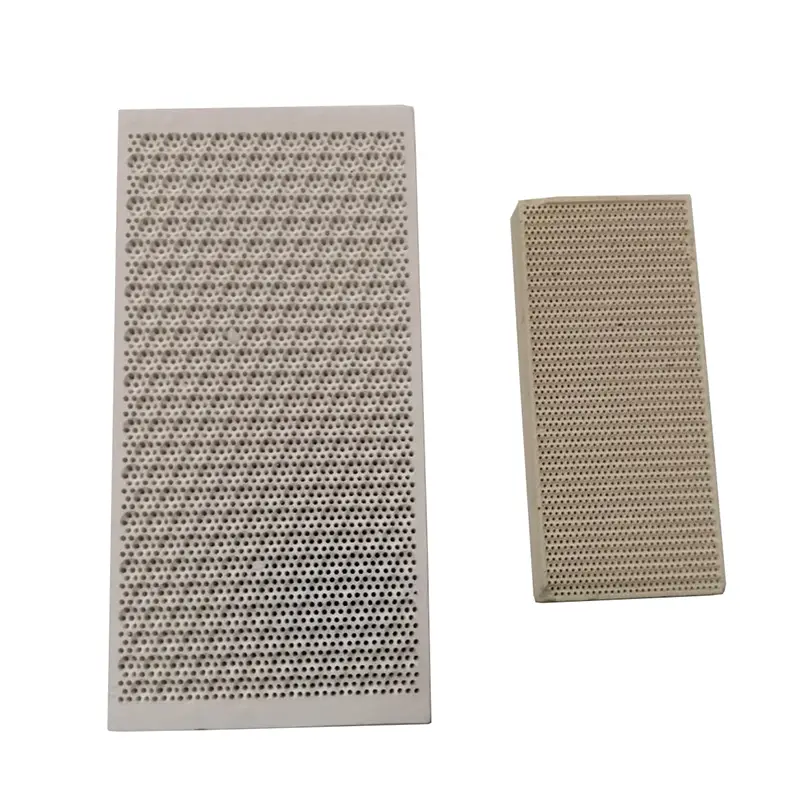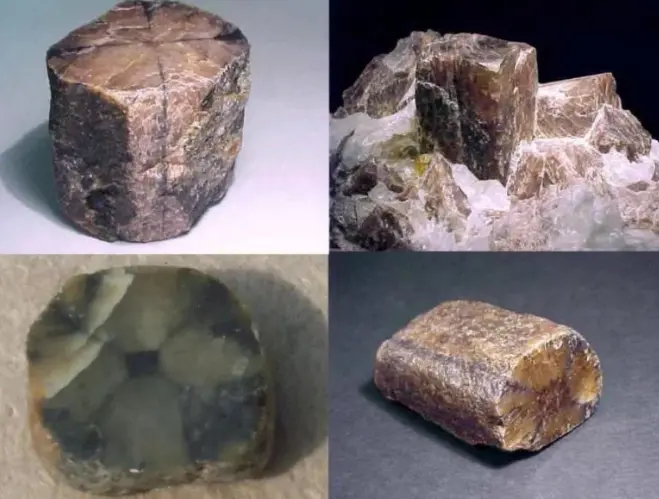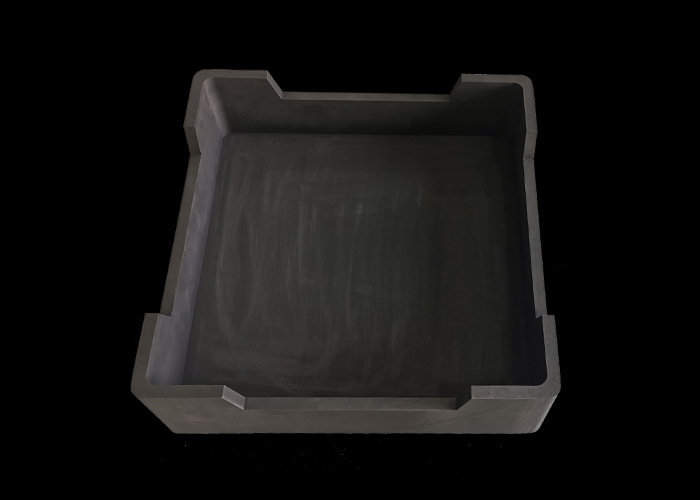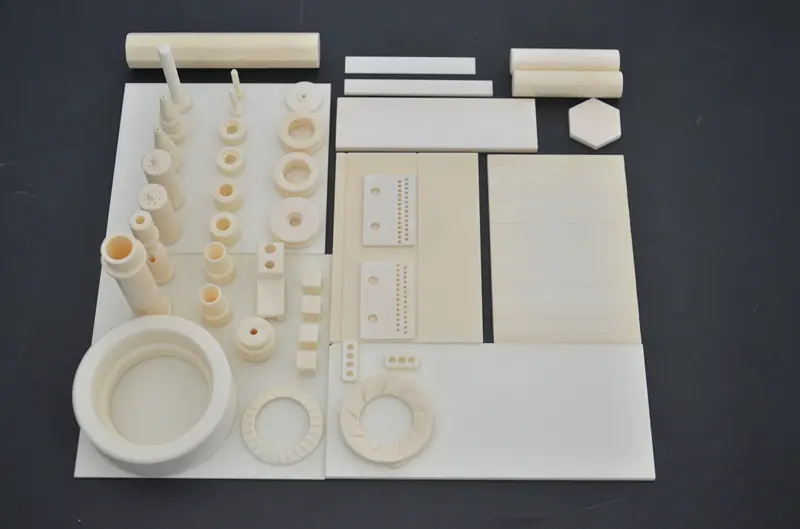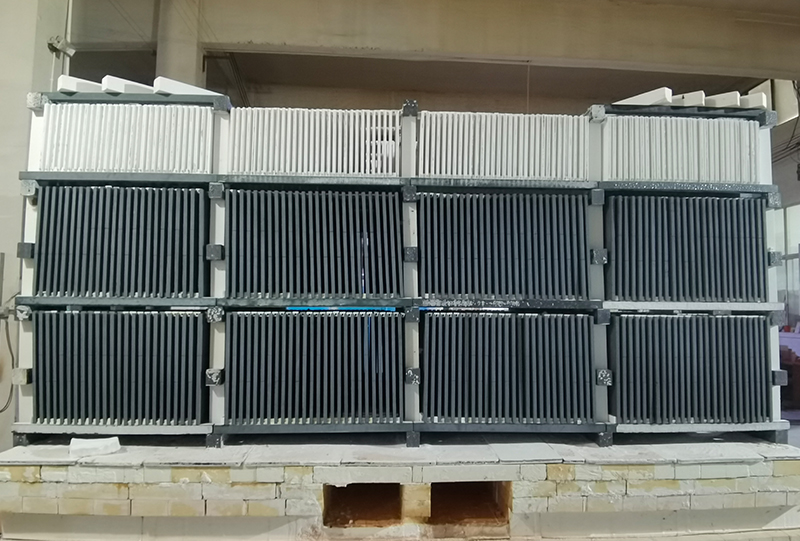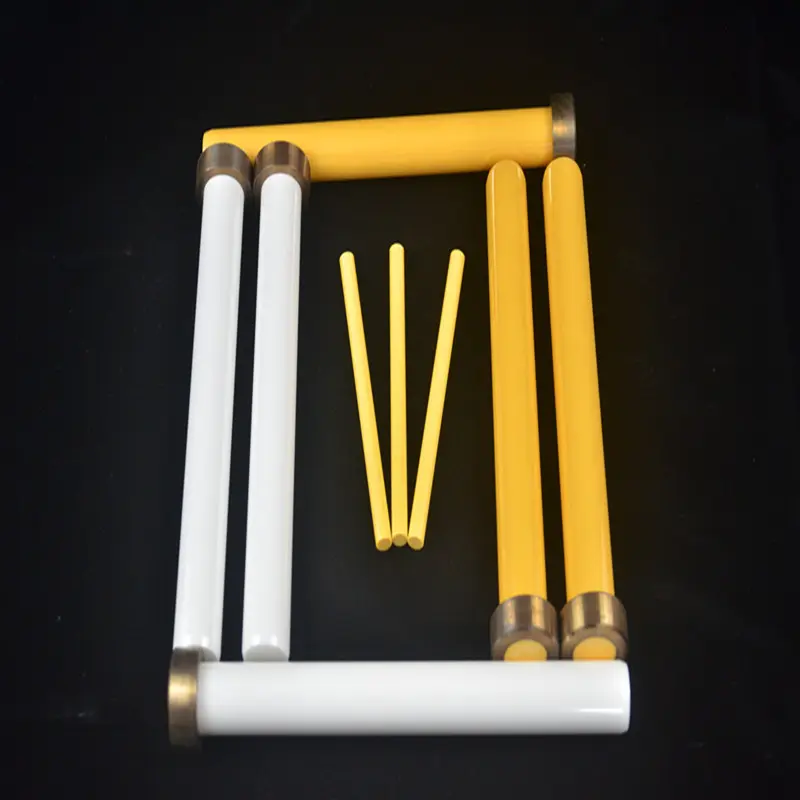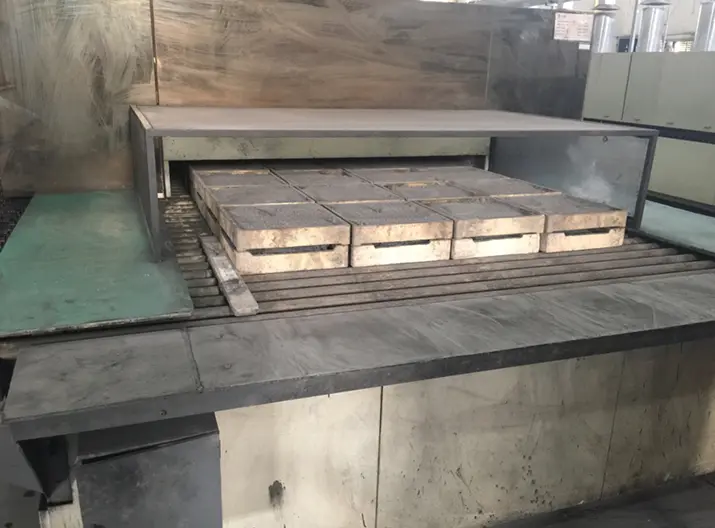NCM Battery Material: Applications and Advancements
What is NCM Battery Material?
NCM battery material is a type of cathode material used in lithium-ion batteries. It is composed of three key elements: nickel, cobalt, and manganese, each contributing unique properties that enhance the battery’s performance. Nickel is primarily responsible for increasing energy density, cobalt improves thermal stability and longevity, while manganese contributes to structural stability and safety. The combination of these elements allows NCM batteries to achieve a balance between high capacity, safety, and cost-effectiveness.
Applications of NCM Battery Material
-
Electric Vehicles (EVs): One of the most significant applications of NCM battery material is in the electric vehicle industry. As automakers strive to produce vehicles with longer ranges and shorter charging times, NCM batteries have become a preferred choice. Their high energy density allows for larger battery packs without significantly increasing weight, making them ideal for EVs. Major manufacturers, including Tesla and Nissan, have adopted NCM technology to enhance the performance of their electric models.
-
Energy Storage Systems (ESS): NCM battery material is also widely used in stationary energy storage systems. These systems are crucial for integrating renewable energy sources, such as solar and wind, into the power grid. NCM batteries can store excess energy generated during peak production times and release it when demand is high, thus stabilizing the grid. Their long cycle life and efficiency make them suitable for large-scale applications, including commercial and residential energy storage solutions.
-
Consumer Electronics: The consumer electronics market has seen a significant shift towards NCM battery material in devices such as smartphones, laptops, and tablets. As these devices require compact and lightweight batteries with high energy capacity, NCM batteries provide an excellent solution. Their ability to maintain performance over numerous charge cycles ensures that consumers benefit from longer-lasting devices.
-
Aerospace and Defense: In the aerospace and defense sectors, the demand for lightweight and high-performance batteries is critical. NCM battery material is increasingly being utilized in drones, satellites, and military equipment. The reliability and efficiency of NCM batteries make them suitable for applications where performance and safety are paramount.
-
Grid-Scale Applications: Beyond individual energy storage systems, NCM battery material is being explored for grid-scale applications. These large-scale battery systems can help manage energy supply and demand, providing backup power during outages and supporting the transition to renewable energy sources. The scalability of NCM technology makes it a viable option for future energy infrastructure.
Future Prospects
As research and development in battery technology continue to advance, the applications of NCM battery material are expected to expand further. Innovations in material composition and manufacturing processes may lead to even higher energy densities and lower costs, making NCM batteries more accessible across various sectors. Additionally, the push for sustainable and environmentally friendly battery solutions will likely drive further interest in NCM technology, as manufacturers seek to reduce reliance on cobalt and improve recycling processes.


